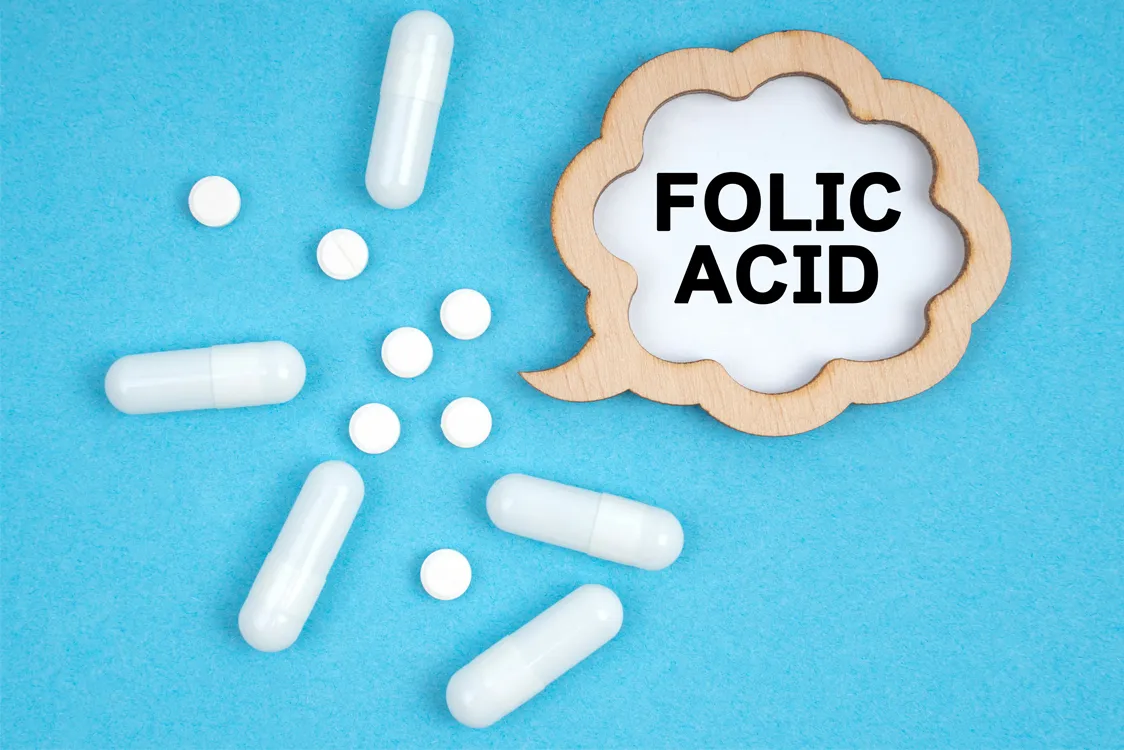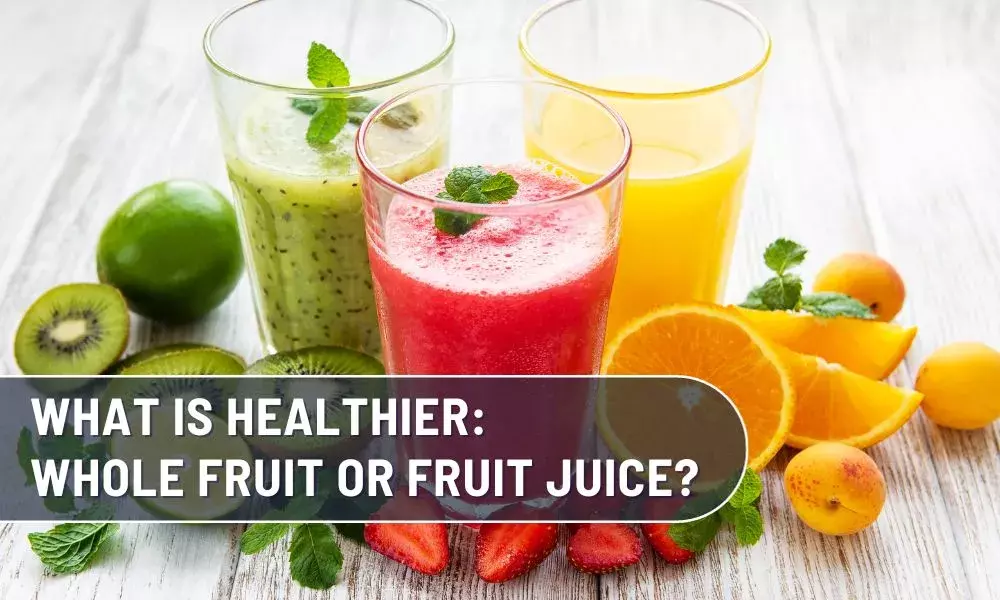“We investigated whether the high doses of folic acid — five times the safe upper limit — prescribed to patients for a variety of medically recognized indications were associated with COVID-19 diagnosis and death, “said Dr. Ralph Green, a co-author of the study and a B vitamins’ specialist from the University of California, Davis. “We discovered that the group receiving folic acid treatment had a significantly higher risk of contracting and passing away from COVID-19.
Low levels of folic acid are generally associated with a higher risk of congenital disabilities, heart disease, and stroke. It is prescribed for various conditions, including sickle cell disease, high-risk pregnancies, and people taking anti-seizure medications. It is also known as vitamin B9. To lessen the side effects of the folate-inhibiting medication methotrexate, which is used to treat some cancers and autoimmune disorders, some patients who take it also take folic acid. It’s interesting to note that the study discovered methotrexate reduced any elevated COVID risk for those patients.
Green claimed that studies published in Nature Communications last year were what initially spurred him to look into the relationship between folic acid supplementation and COVID.
According to that study, the folate in a host is used by SARS-CoV-2 to replicate. This suggests that both folate and folate inhibitors like methotrexate may be effective against the virus.
For the most recent study, Green looked at prescription data from more than 380,000 individuals in the UK Biobank.
His team was interested in determining whether methotrexate and folic acid had different effects on COVID risk.
More than 26,000 individuals with COVID died, making 820. Compared to a control group, those prescribed folic acid had a 1.5-fold increased risk of developing COVID and a 2.6-fold risk of dying from it.
The rate of COVID diagnoses among those prescribed methotrexate was comparable to that of the rest of the study population.
Dr. Angelo Gaffo, a co-author of the study and an associate professor of medicine at the University of Alabama at Birmingham, noted that “our findings could have implications for patients who take supplemental folate to prevent complications of other pharmacological therapies.” Although it is indicated to take folate in these situations, clinicians should exercise caution when consuming excessive amounts of the vitamin. We should regularly visit a General Physician, in order to regulate the dosage of vitamins , we are consuming.
According to the researchers, the findings only apply to people 45 or older who are primarily of white European ancestry because of the makeup of the study population.
The team noted that additional research is required to understand how folic acid intake and folate levels affect susceptibility to COVID infection. Gaffa stated that the new results must be replicated. In this study, the amount of folate in participants’ blood was not measured.
Folic acid has a defined safe upper limit of 1 milligramme. Green said that “high folic acid would be of greater concern in unvaccinated individuals, so it would be prudent to avoid extremely high doses of folic acid until we have more information unless it is medically indicated.”




